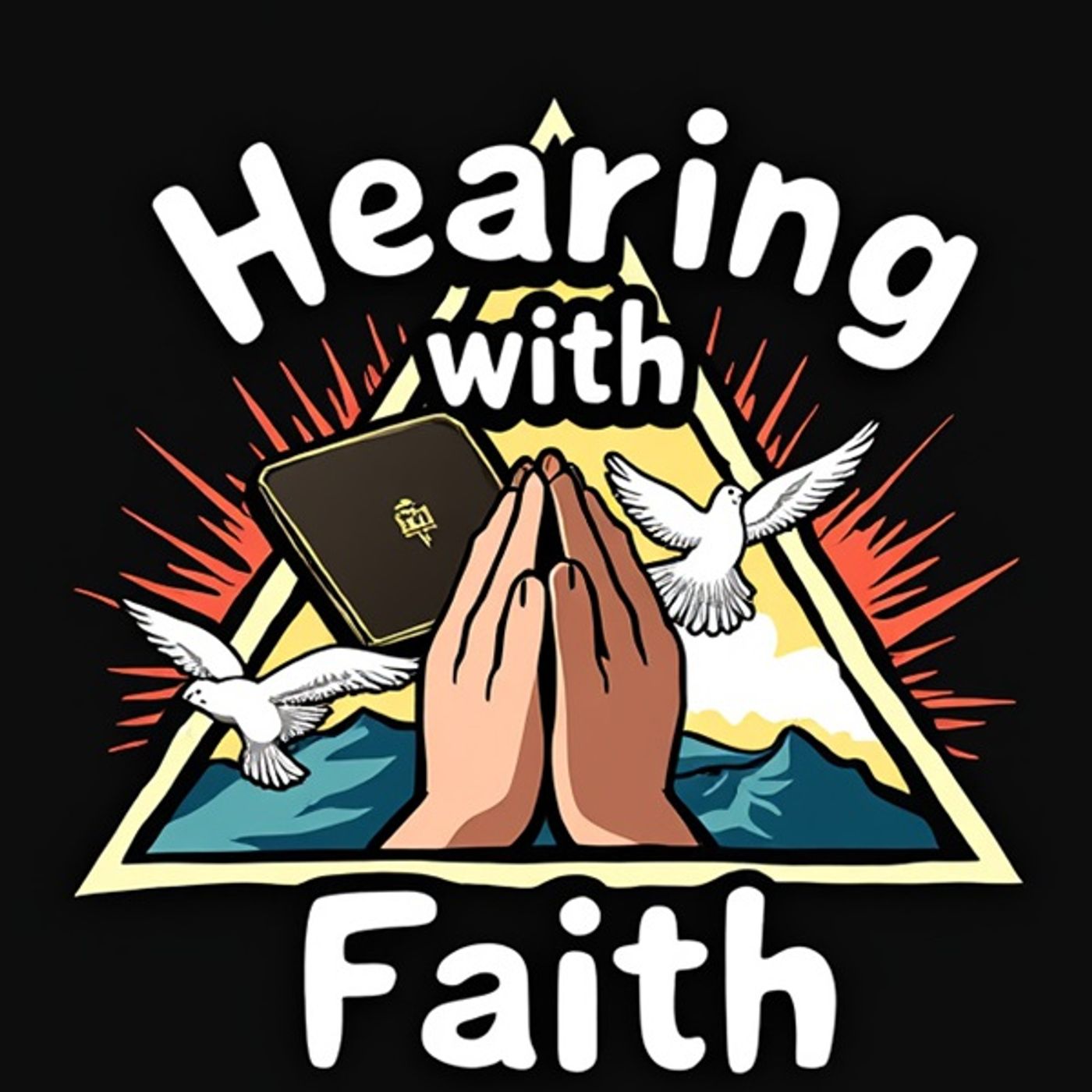Job 40
Update: 2024-11-06
Description
Job chapter 40 is a significant part of the Book of Job where the interaction between Job and God reaches a pivotal moment. Here's a concise description:
Job 40 Overview:
This chapter underscores themes of divine power, human limitation, and the wisdom of recognizing one's place in the grand scheme of creation. God's discourse here serves to put Job's sufferings into perspective, highlighting the vast difference between human understanding and divine omnipotence.
Job 40 Overview:
- God's Challenge to Job (verses 1-2):
- God speaks again, asking Job if he will indeed put God in the wrong to justify himself, essentially questioning whether Job believes he can contend with the Almighty.
- God speaks again, asking Job if he will indeed put God in the wrong to justify himself, essentially questioning whether Job believes he can contend with the Almighty.
- Job's Humble Response (verses 3-5):
- Job responds with humility, admitting that he has spoken out of turn and is of little worth in comparison to God. He acknowledges his rash words and falls silent.
- Job responds with humility, admitting that he has spoken out of turn and is of little worth in comparison to God. He acknowledges his rash words and falls silent.
- God Continues His Discourse (verses 6-14):
- God challenges Job further, asking if he has the power and wisdom to govern the universe as God does. He rhetorically asks Job if he can condemn the wicked or if he has the strength to save himself with his own arm.
- God challenges Job further, asking if he has the power and wisdom to govern the universe as God does. He rhetorically asks Job if he can condemn the wicked or if he has the strength to save himself with his own arm.
- Introduction of Behemoth (verses 15-24):
- God then describes the Behemoth, which is often interpreted as a symbol of raw, untamable nature or even chaos. This creature is described as the first of God's works, extraordinarily strong, eating grass like an ox, yet possessing immense power. It lives in the river, and nothing can capture or control it, emphasizing God's control over even the mightiest of creatures.
The purpose of describing Behemoth seems to be to illustrate God's sovereignty over all creation, including the most formidable and untamed elements of the natural world. - God then describes the Behemoth, which is often interpreted as a symbol of raw, untamable nature or even chaos. This creature is described as the first of God's works, extraordinarily strong, eating grass like an ox, yet possessing immense power. It lives in the river, and nothing can capture or control it, emphasizing God's control over even the mightiest of creatures.
This chapter underscores themes of divine power, human limitation, and the wisdom of recognizing one's place in the grand scheme of creation. God's discourse here serves to put Job's sufferings into perspective, highlighting the vast difference between human understanding and divine omnipotence.
Comments
Top Podcasts
The Best New Comedy Podcast Right Now – June 2024The Best News Podcast Right Now – June 2024The Best New Business Podcast Right Now – June 2024The Best New Sports Podcast Right Now – June 2024The Best New True Crime Podcast Right Now – June 2024The Best New Joe Rogan Experience Podcast Right Now – June 20The Best New Dan Bongino Show Podcast Right Now – June 20The Best New Mark Levin Podcast – June 2024
In Channel





